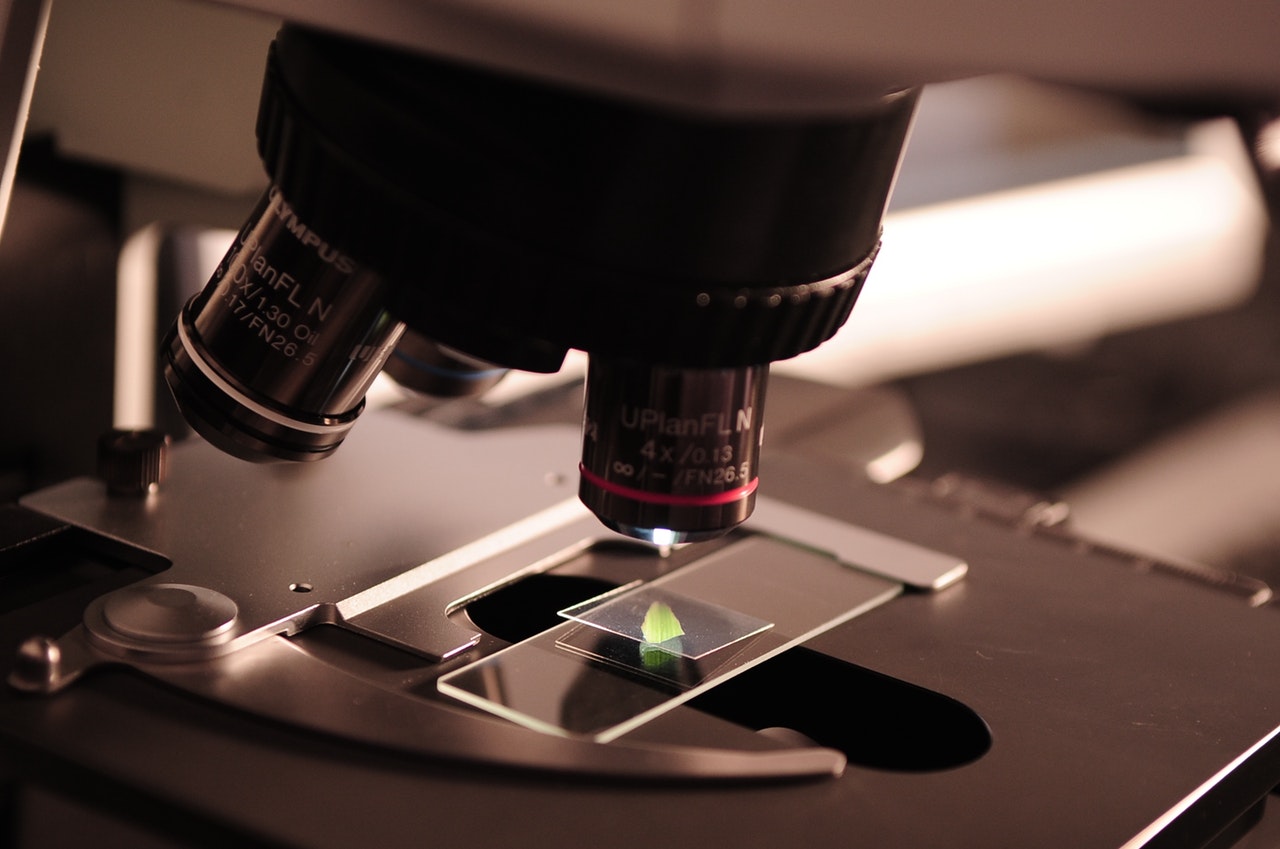
Down syndrome is the most commonly inherited chromosomal condition in the US, affecting one in every 700 births each year. This condition develops when a child inherits three copies of the twenty-first chromosome, instead of the usual two.
Genetic counselors are medical health professionals who are formally trained in medical genetics (how genetic disorders relate to medical care, such as diagnosis and treatment) and counseling.
Some women have a higher risk of giving birth to children with Down syndrome. Risk factors that contribute to Down syndrome include:
Down syndrome causes mild to severe physical and mental disabilities. For this reason, women who believe that they may be at an increased risk of giving birth to a child with Down syndrome may choose to work with a genetic counselor during their pregnancy.
What Does a Genetic Counselor Do?
Genetic counselors educate women and couples about a prenatal testing process that can be difficult to navigate without accurate information and proper guidance. In addition, genetic counselors will help couples understand how Down syndrome might affect their children. Some topics you may discuss with your genetic counselor during pregnancy are outlined below.
Prenatal Testing Options
Prenatal tests are laboratory tests that are performed throughout different stages of pregnancy. Prenatal tests range from screening tests that indicate if there is a risk of a complication, to diagnostic tests that provide a diagnostic result. Prenatal testing options include:
Noninvasive prenatal genetic screening is a prenatal screening test that can be performed as early as week 10 in pregnancy. To perform this test, a blood sample from the mother is sent to a laboratory, where technicians will separate and analyze placental DNA (the fetus and the placenta share DNA) that is circulating in the mother’s blood. The results of a noninvasive prenatal screening can indicate to a physician whether there is a high risk of a baby being diagnosed Down syndrome.
Test Results and Treatment Options for Children with Down Syndrome
Genetic counselors discuss prenatal test results with expecting mothers and parents as part of the testing process. Diagnostic tests are only offered if results of a screening test strongly indicate a high risk that the child may have Down syndrome.
If diagnostic test results are positive for Down syndrome, a genetic counselor can help parents understand treatment options that are available. There are numerous ways to help children with Down syndrome develop their speech, social, and learning skills.
Interested in Working With a Genetic Counselor?
If you’d like a genetic counselor to accompany you through the process of prenatal testing, ask your obstetrician if he/she can recommend a trusted professional.

